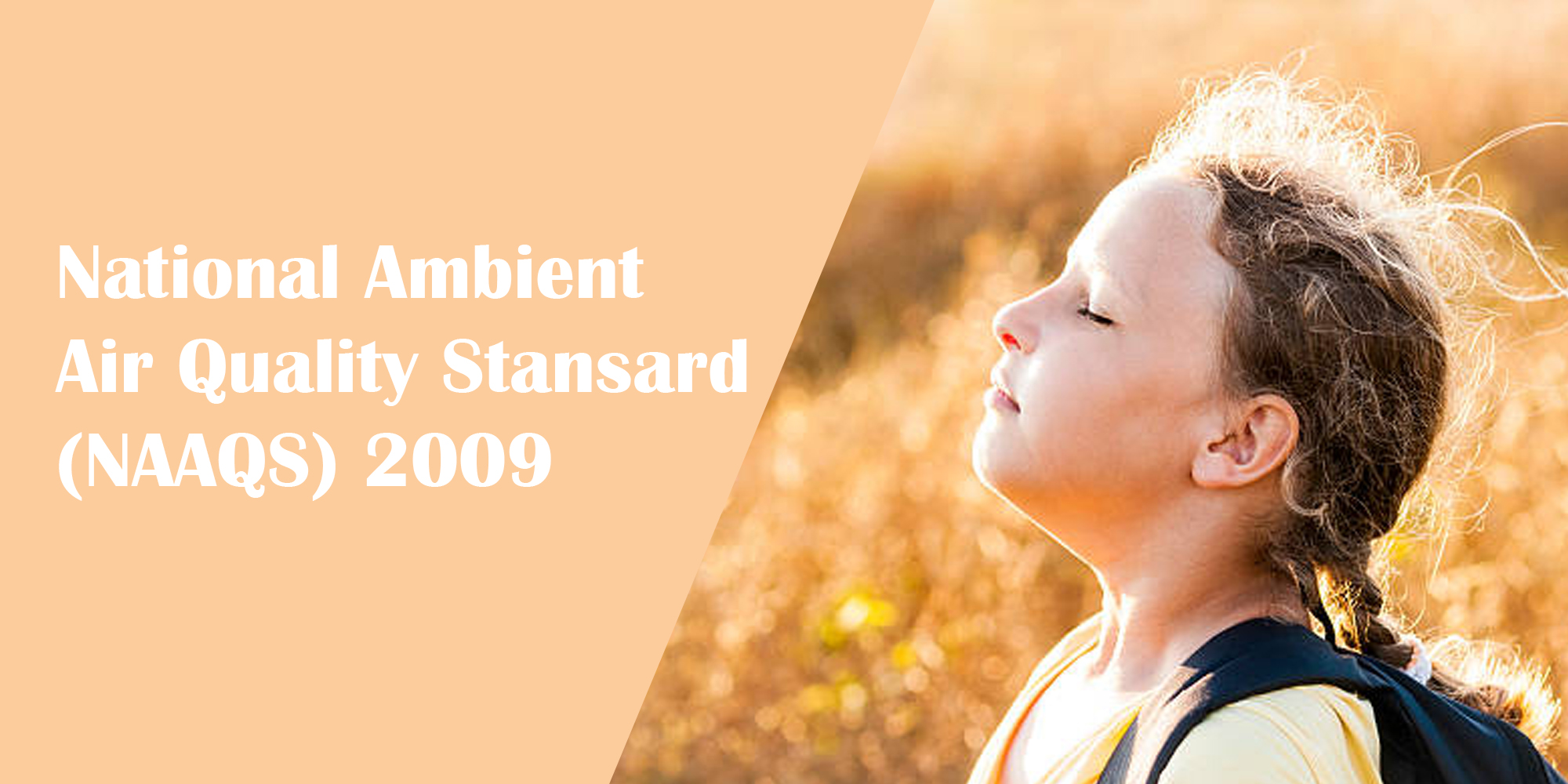
Central pollution control board has set ambient air quality standard with the objective of protecting public health, reducing pollution and providing a measure to air quality.
Download now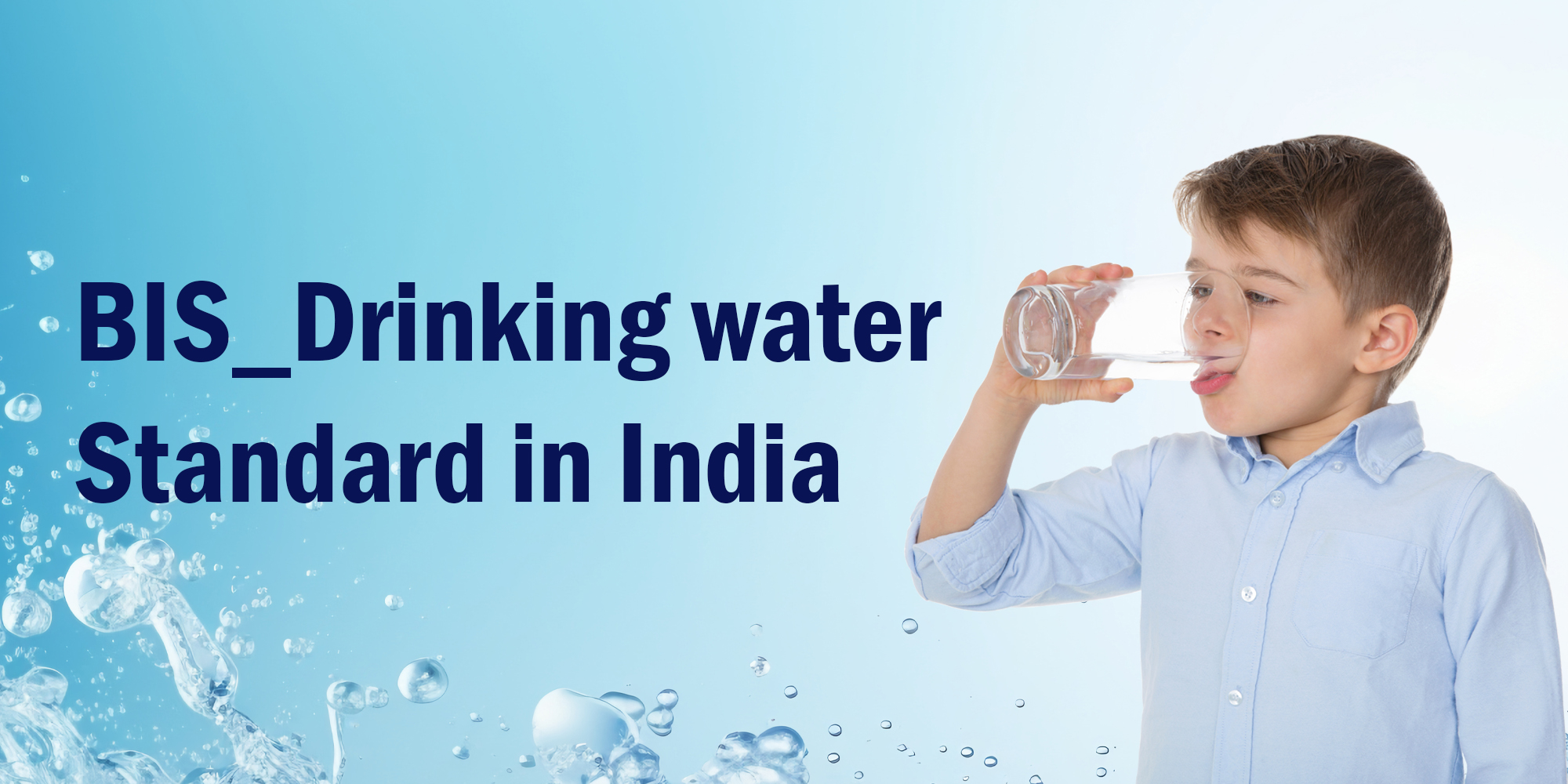
The Bureau of Indian Standards (BIS) determines the water quality standards for various activities. The BIS established IS 10500:2012 as the official standard for drinking water quality. This standard was initially prescribed in 1983 but has undergone several revisions from then with the latest being in 2012.
Download now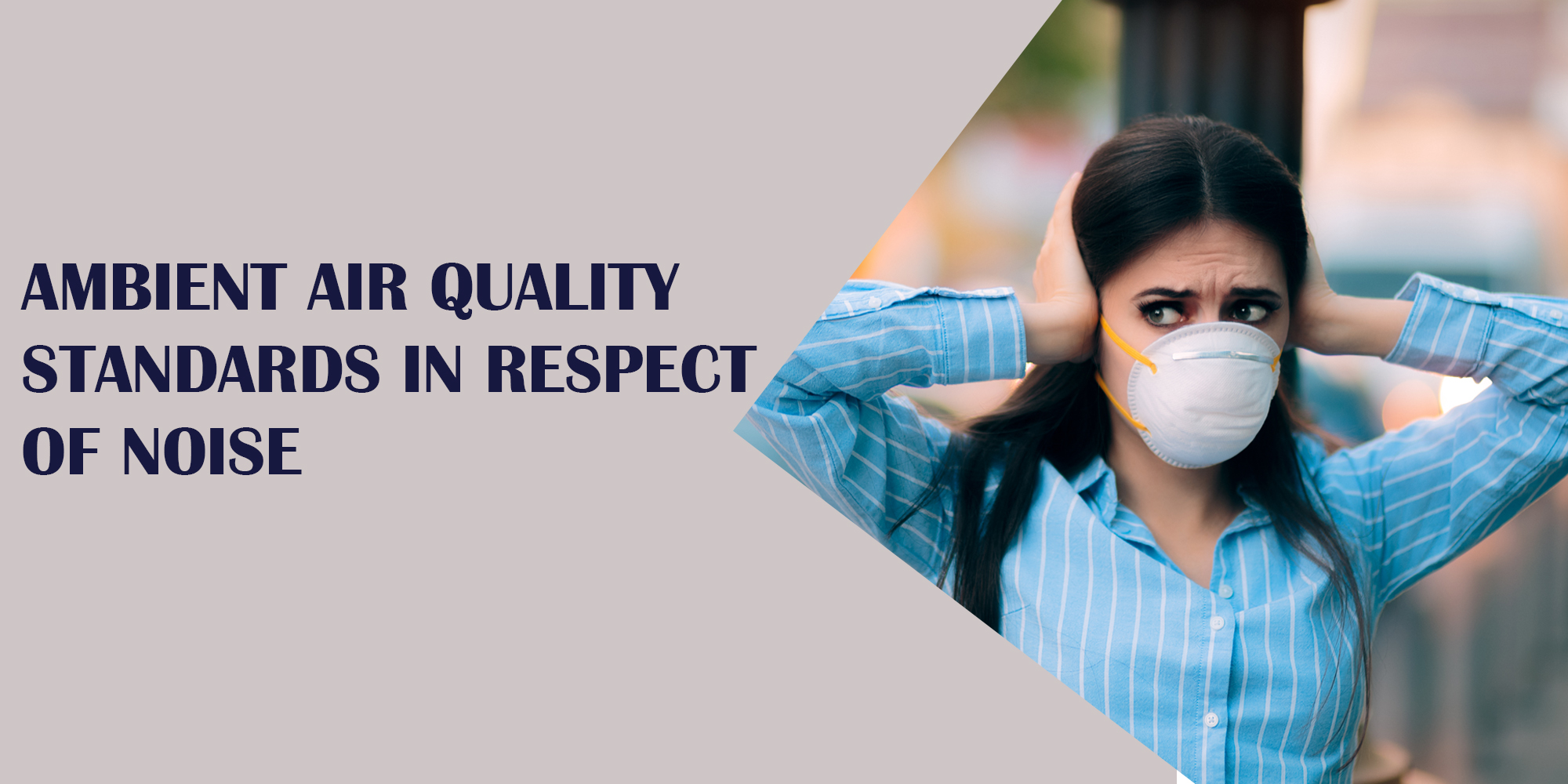
Ambient Air Quality Standards in respect of noise refer to the permissible levels of noise in the environment as set by regulatory authorities. These standards are established to protect human health, minimize environmental noise pollution, and ensure the well-being of both individuals and communities
Download now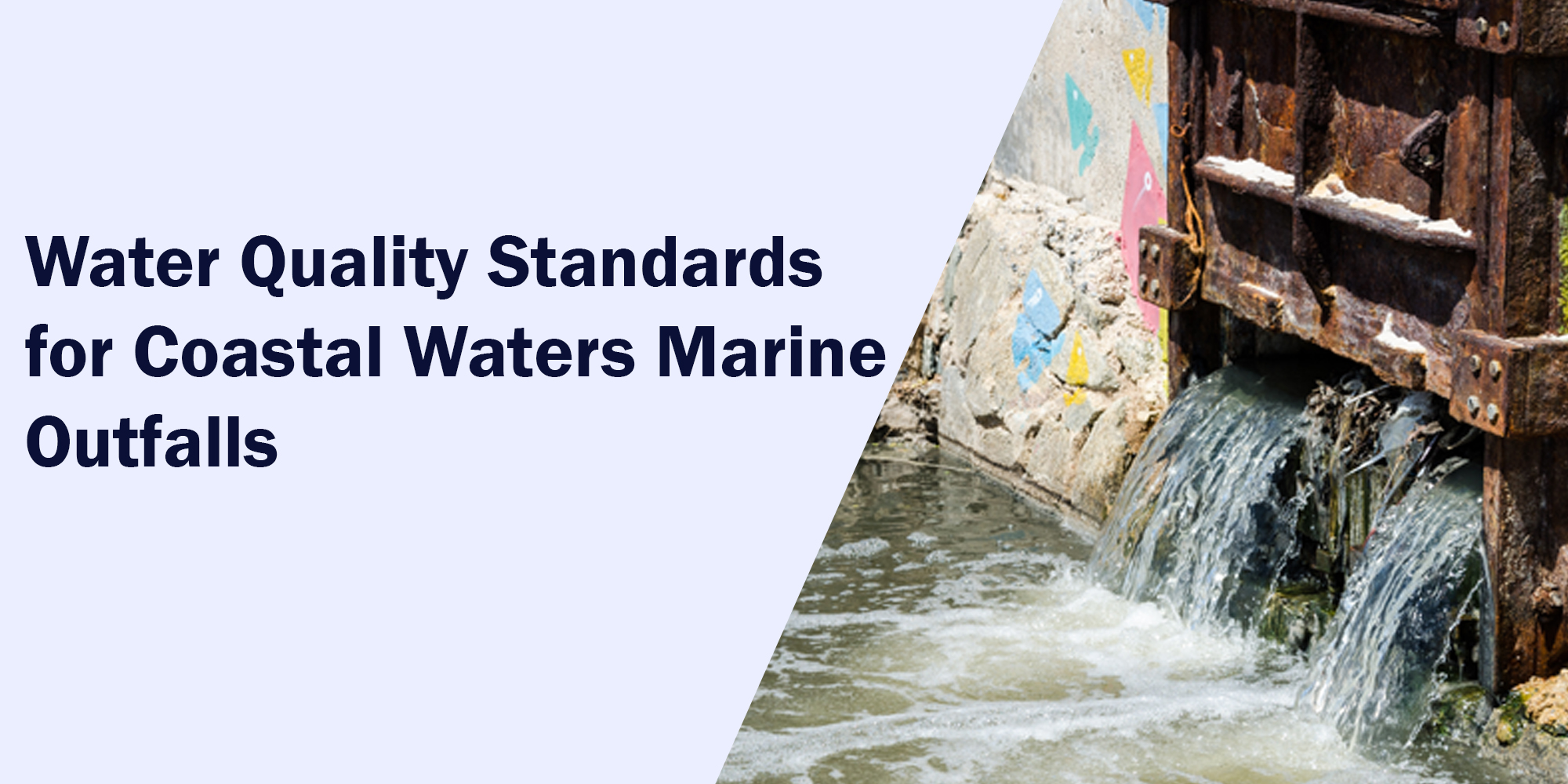
Water Quality Standards for Coastal Waters and Marine Outfalls are essential regulatory measures to maintain the ecological balance, safeguard marine biodiversity, and ensure public health. These standards define the permissible limits of pollutants discharged into coastal waters, particularly from marine outfalls used for wastewater disposal.
Download now
General Effluent Standards are regulatory limits set for the quality of wastewater discharged from industries, sewage treatment plants, and other sources into natural water bodies or sewer systems. These standards aim to minimize environmental pollution, protect aquatic ecosystems, and ensure public health. The permissible limits vary based on the receiving water body's classification and the type of discharge.
Download now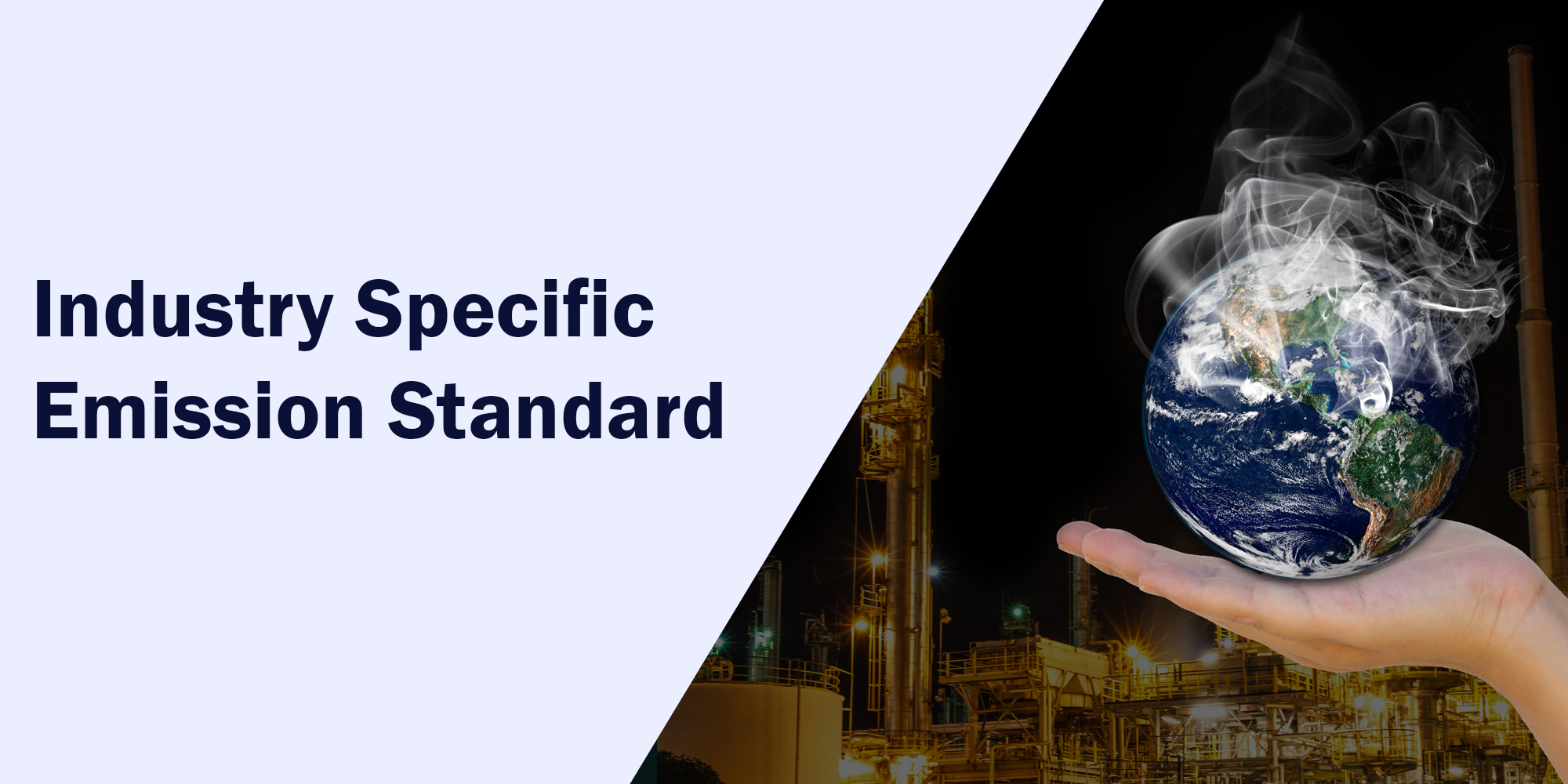
Industry-Specific Emission Standards are regulatory limits on pollutants discharged into the environment by specific industrial sectors. These standards aim to minimize air, water, and soil pollution while promoting sustainable industrial practices. They vary based on the nature of the industry, the type of pollutants generated, and the local environmental conditions.
Download now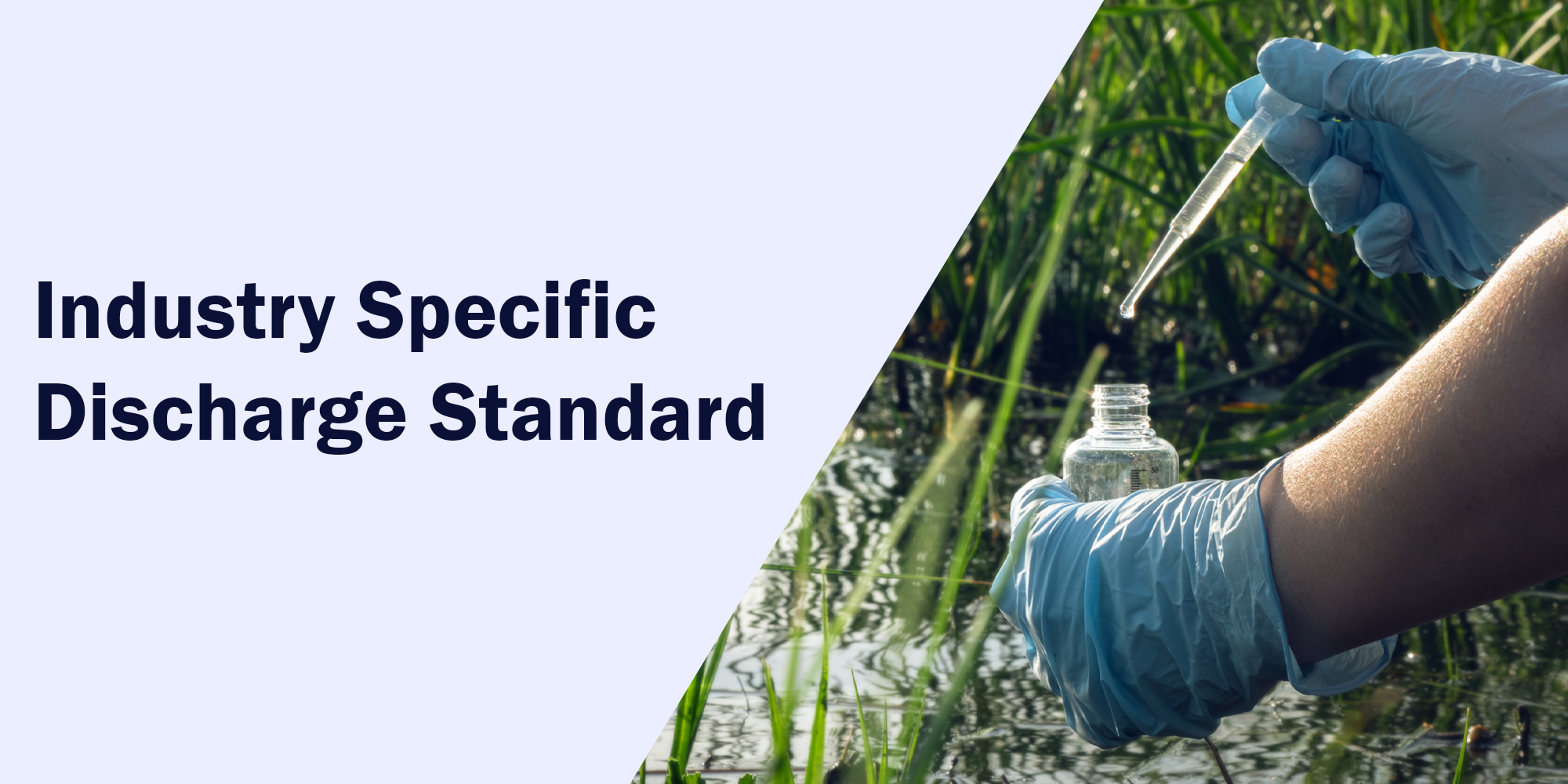
Industry-Specific Discharge Standards refer to regulatory limits for pollutants in wastewater released by industries into natural water bodies, sewer systems, or through marine outfalls. These standards are tailored to the specific pollutant profile of different industries, aiming to prevent water pollution, protect ecosystems, and promote sustainable water use.
Download now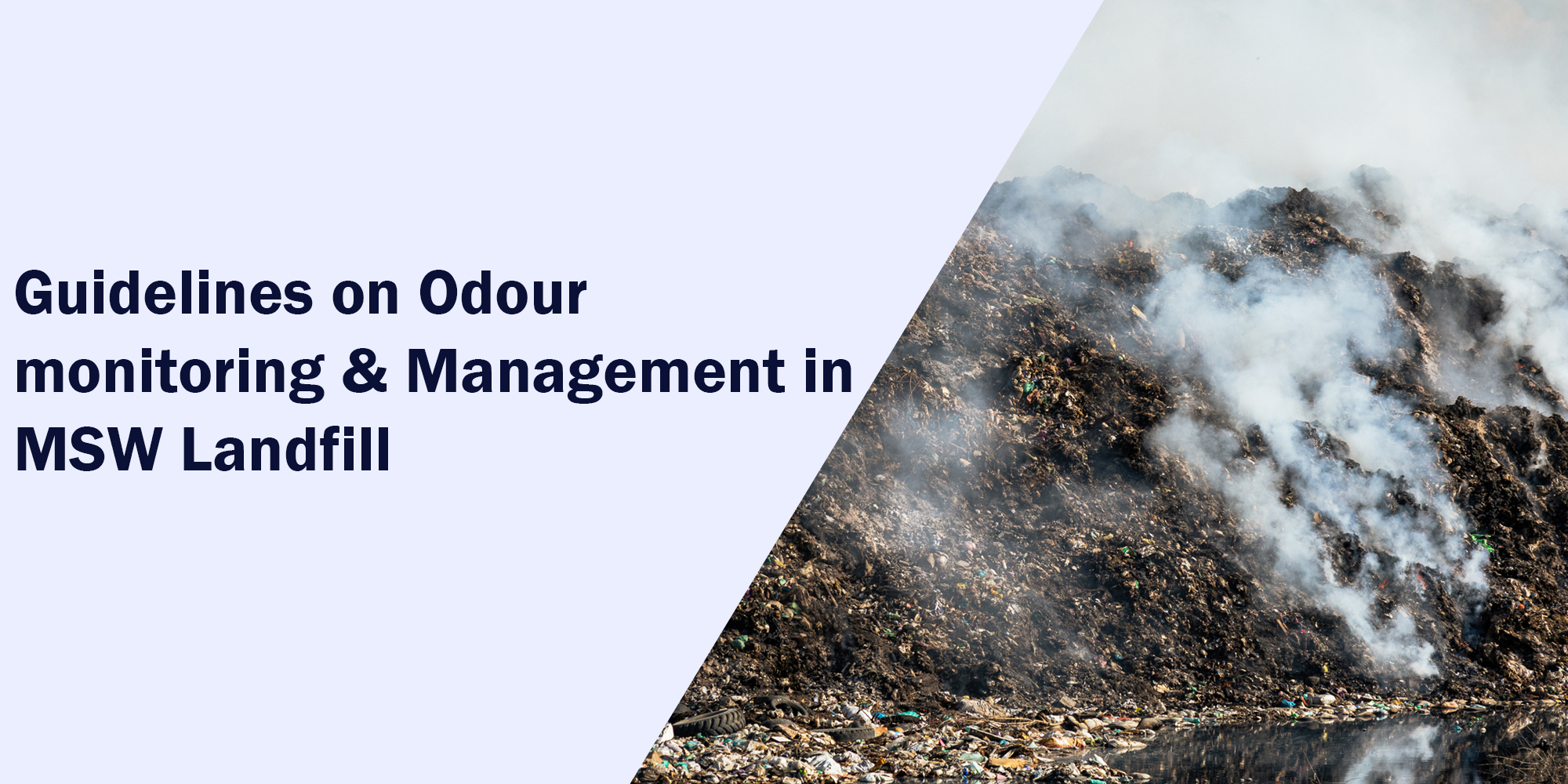
Guidelines on Odour Monitoring and Management in Municipal Solid Waste (MSW) Landfills provide a framework to minimize the impact of odorous emissions on nearby communities and the environment. Odour control is critical for sustainable landfill operations, ensuring regulatory compliance and public acceptance.
Download now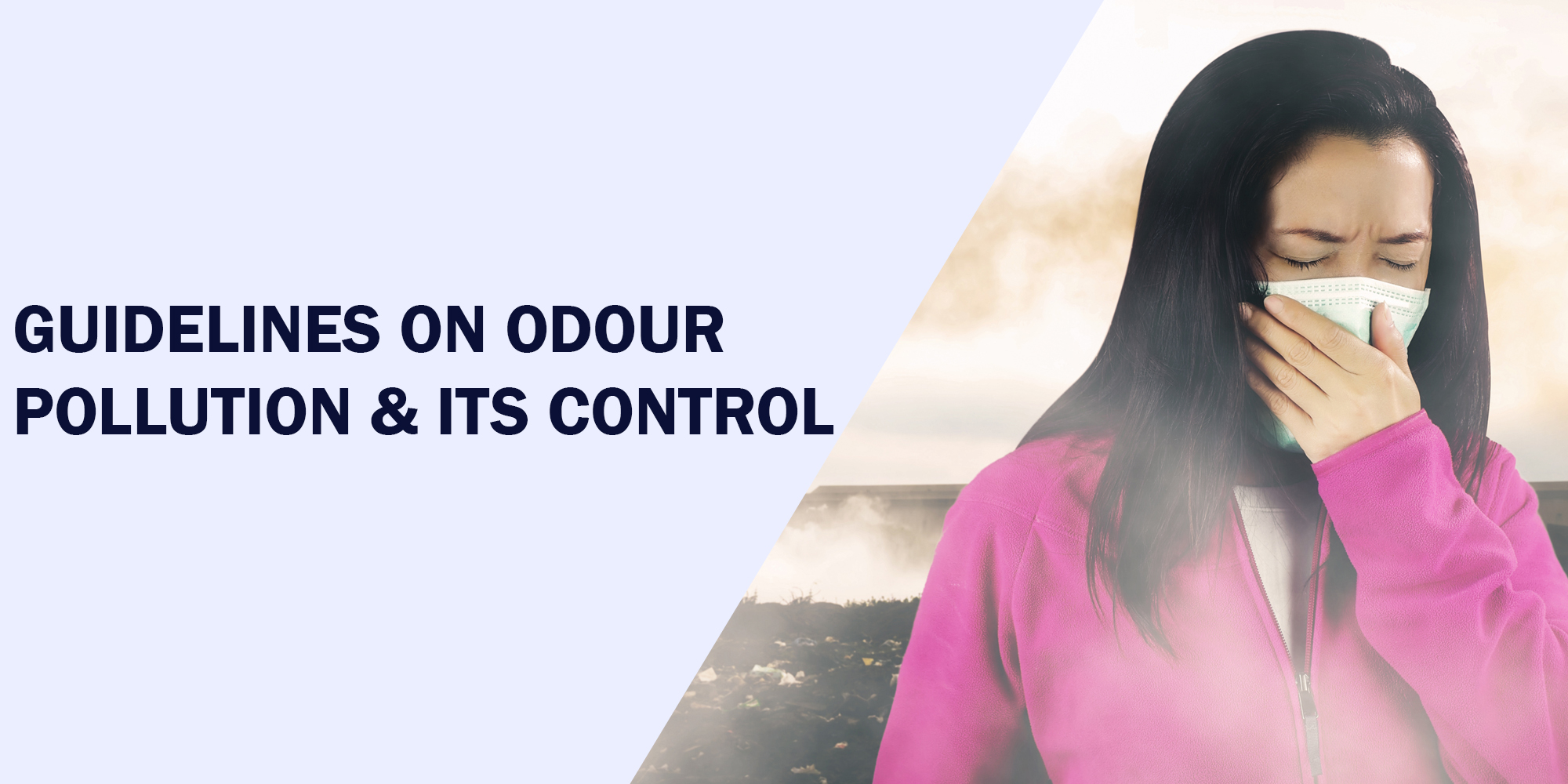
Odour pollution, while often overlooked compared to air or water pollution, significantly affects the quality of life, public health, and industrial operations. Proper guidelines ensure effective management of odorous emissions from industries, waste management facilities, and other sources.
Download now



